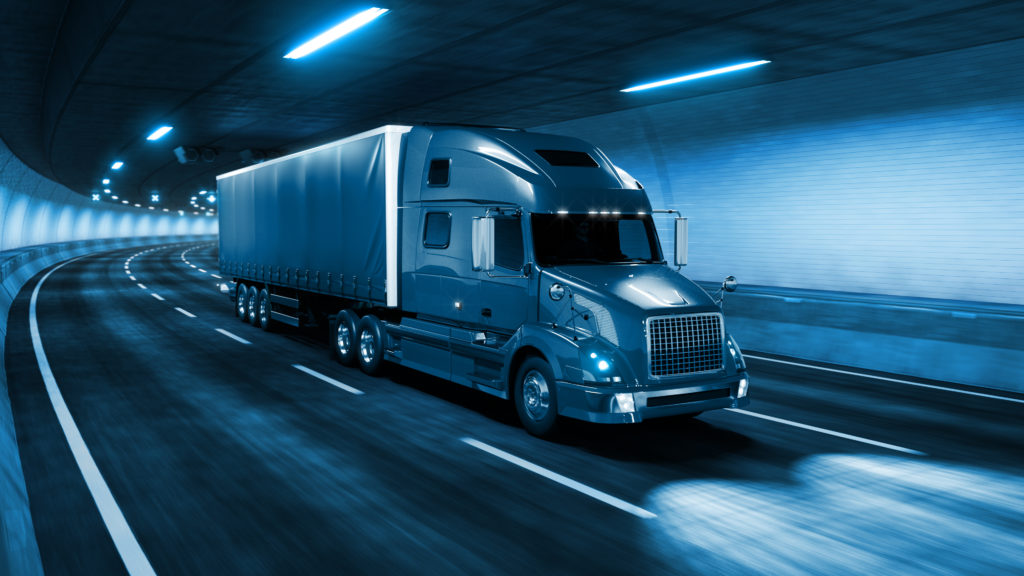The electrification of trucks and buses is finally becoming more mainstream than ever as efforts to reach nationwide goals regarding clean air continue to progress. Although electric passenger cars are the vehicles generating the most revenue out of all electric vehicle sales, the Environmental Defense Fund explained that the usage of zero-emission trucks is gaining momentum.
The benefits from these kinds of trucks are persuading shippers, manufacturers, and environmental activists to strongly support these efforts, and these groups are urging the trucking industry to find the quickest and most efficient ways to increase implementation of non-diesel-powered vehicles.
“Eliminating tailpipe pollution from these vehicles is also essential to help meet our nation’s climate goals,” said the Environmental Defense Fund in its recent report. “Our nation must adopt air pollution standards that ensure that all new sales of medium- and heavy-duty trucks and buses are zero-emission vehicles by 2040 at the latest.”
On the same day that nearly two dozen companies and business groups released a letter requesting that the California Air Resources Board begin taking a serious approach to establishing rules requiring that trucks become electric throughout the state, the Environmental Defense Fund study released its report.
“California has already established itself as an epicenter of the clean energy economy, with nearly 540,000 clean energy workers,” said the letter written by these businesses. “That figure includes almost 40,000 clean vehicle jobs, which covers jobs in electric and hybrid vehicle manufacturing, repair and maintenance, wholesale trade, and professional service in California’s core EV industries.”
California is part of a 15-state coalition working together to ensure all heavy-duty commercial trucks are powered by clean energy by 2050, and has been working to mandate the usage of electric trucks itself. Its in-state efforts will begin in 2024, with current plans for clean-air initiatives progressing into 2045.
“Today, we are testing 78 zero-emission heavy-duty trucks,” explained Gene Seroka, Executive Director of the Port of Los Angeles. “They’re either on the road or being assembled right now. What’s encouraging is that, after more than a decade of proofs-of-concept and demonstrations, we are starting to have real discussions with truck manufacturers about what it will take to make a zero-emission equipment market here in Los Angeles. Our goal is to have this recruitment deployed first at the Port of Los Angeles.”
FedEx, to the approval of many environmental activist groups, announced last month that it would be investing an initial amount of $2 billion into efforts to begin purchasing electric vehicles by the year 2025, with a target goal of converting its entire FedEx Express delivery fleet to solely carbon-neutral vehicles by 2040.
“FedEx trucks pass through neighborhoods across the nation, making this announcement an important step toward better air quality and climate action,” said Sierra Club’s Clean Transportation for All campaign director, Gina Coplon-Newfield. “The momentum to electrify delivery trucks is on, and we urge FedEx to move as quickly as possible to get to a 100% electric fleet.”
Many other carriers have recently made announcements that they are working to implement electric trucks into their own fleets, including Walmart. In September 2020, Walmart announced that it would be working to make all of its tractors electric– it currently has a fleet of 7,400 vehicles. This goal includes its long-haul trucks, and the company has noted that it will aim to reach zero overall carbon emissions–throughout all of its global operations–by 2040.
Canada’s Walmart division is also making major clean energy efforts, committing to converting nearly a quarter of its fleet to become electrically powered by the end of next year–and progressing to using completely clean energy by the year 2028. Specifically, it will be increasing its possession of the Tesla Semi–which is battery-electric–to 130 trucks.
Dependable Highway Express, NFI Industries, Penske Truck Leasing, and Knight-Swift Transportation Holdings have all expressed their intentions to implement electric heavy-duty trucks into their fleets, with Knight-Swift already deploying a Freightliner Cascadia tractor, its first battery-electric truck. The company’s goal is to reduce its carbon emissions by half by the year 2035.
More trucking companies are jumping onboard this trend, like Cummins Inc. and Navistar, who have begun to collaborate in the manufacturing of their own unique Class 8 truck through U.S. Department of Energy grant funds to create a vehicle powered by hydrogen fuel cells.
Finally, Amazon Inc. announced its plans to operate 10,000 electric vans throughout the United States in Europe by next year, and 100,000 completely electric delivery vans by 2030. These delivery vans are manufactured by Rivian, a zero-emission manufacturer whose vehicles will be used by Amazon to make deliveries as soon as this year.





